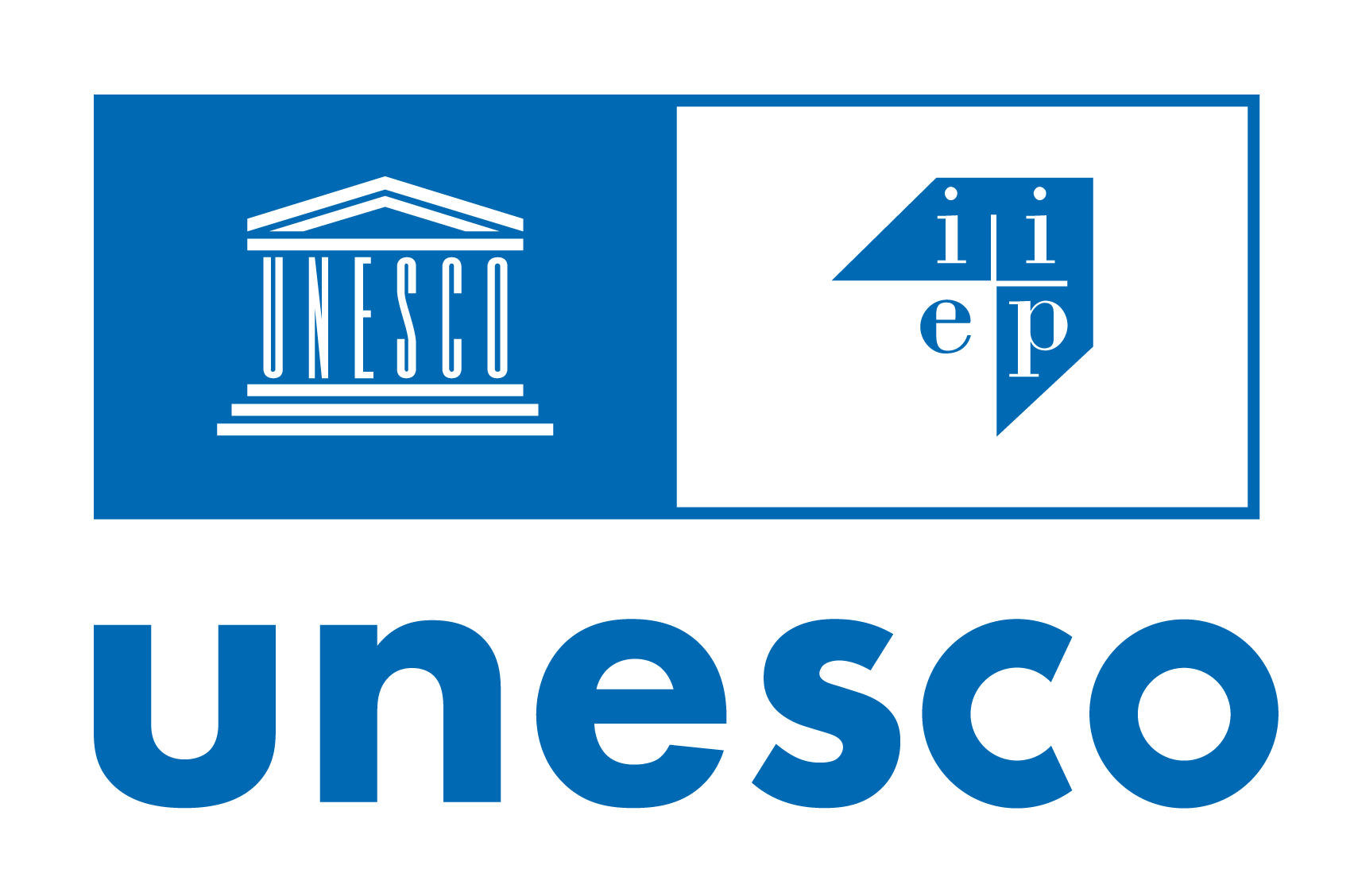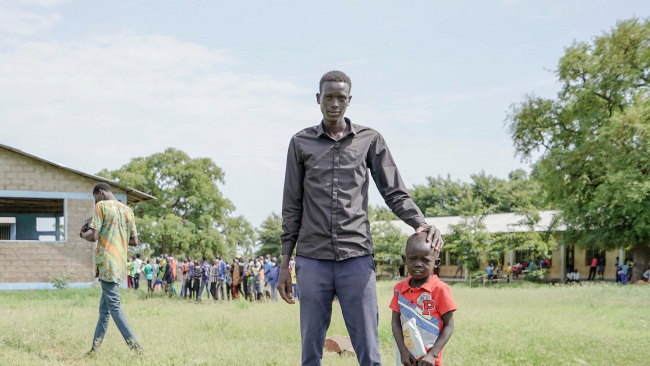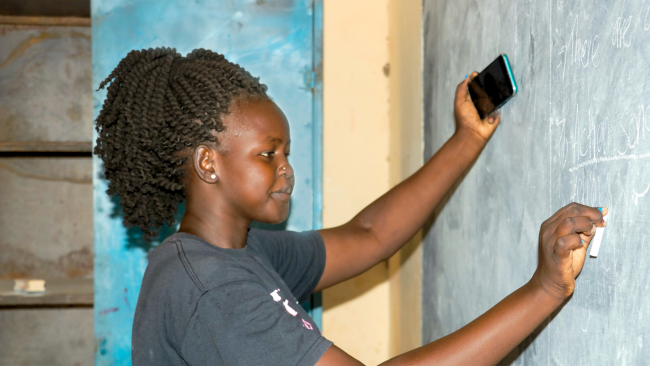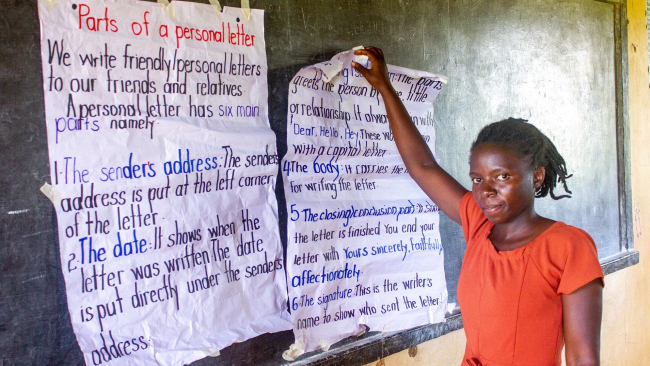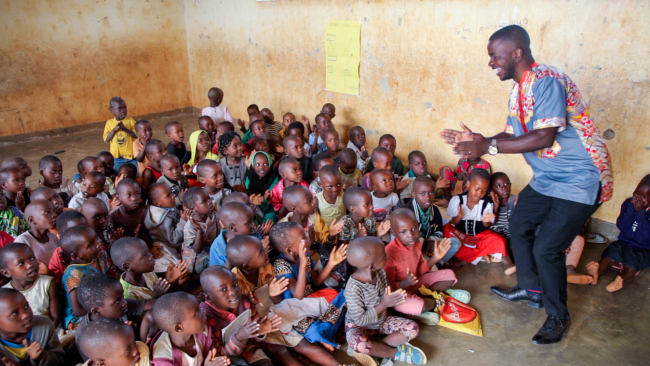The COVID-19 pandemic has closed schools for over 1.6 billion children, with potentially long-term consequences. This paper provides some of the first experimental evidence on strategies to minimize the fallout of the pandemic on education outcomes. We evaluate two low-technology interventions to substitute schooling during this period: SMS text messages and direct phone calls. We conduct a rapid trial in Botswana to inform real-time policy responses collecting data at four- to six-week intervals. We present results from the first wave. We find early evidence that both interventions result in cost-effective learning gains of 0.16 to 0.29 standard deviations. This translates to a reduction in innumeracy of up to 52 percent. We show these results broadly hold with a series of robustness tests that account for differential attrition. We find increased parental engagement in their child’s education and more accurate parent perceptions of their child’s learning. In a second wave of the trial, we provide targeted instruction, customizing text messages to the child's learning level using data from the first wave. The low-tech interventions tested have immediate policy relevance and could have long-run implications for the role of technology and parents as substitutes or complements to the traditional education system.
Année
2020
Pages
34
Thèmes
Pays
Type de ressource
Langues
